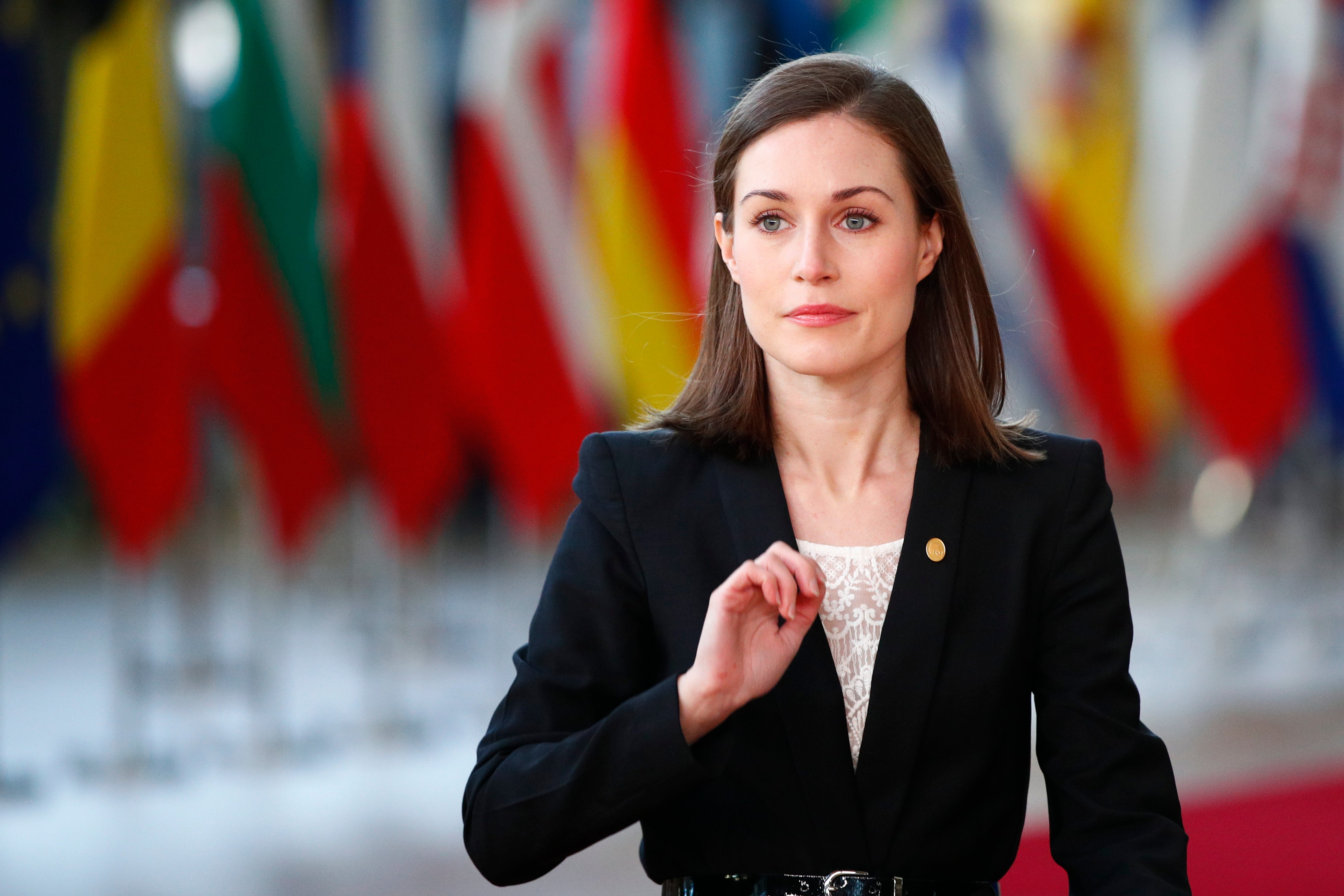Finland's leader: Turkey decision on envoys 'regrettable'
Finland’s leader says that the Turkish president’s decision to order that 10 foreign ambassadors be declared persona non grata after calling for the release of a jailed philanthropist and human rights activist was a “regrettable situation.”

Your support helps us to tell the story
From reproductive rights to climate change to Big Tech, The Independent is on the ground when the story is developing. Whether it's investigating the financials of Elon Musk's pro-Trump PAC or producing our latest documentary, 'The A Word', which shines a light on the American women fighting for reproductive rights, we know how important it is to parse out the facts from the messaging.
At such a critical moment in US history, we need reporters on the ground. Your donation allows us to keep sending journalists to speak to both sides of the story.
The Independent is trusted by Americans across the entire political spectrum. And unlike many other quality news outlets, we choose not to lock Americans out of our reporting and analysis with paywalls. We believe quality journalism should be available to everyone, paid for by those who can afford it.
Your support makes all the difference.Finland s leader said Sunday that the Turkish president’s decision to order that 10 foreign ambassadors, including the Nordic country's envoy, be declared persona non grata after calling for the release of a jailed philanthropist and human rights activist was a “regrettable situation.”
Prime Minister Sanna Marin told public broadcaster YLE that “this is a tough reaction” from Turkish President Recep Tayyip Erdogan who announced the move on Saturday.
A declaration of persona non grata against a diplomat usually means that the individual is banned from remaining in their host country. The diplomats were summoned to Turkey s foreign ministry on Tuesday.
The envoys from the U.S., France, Germany, Netherlands, Canada, Denmark, Sweden, Finland, Norway and New Zealand had issued a statement calling for a resolution to the case of Osman Kavala, a businessman and philanthropist held in prison since 2017 despite not having been convicted of a crime.
“This is a very regrettable situation. We’ve considered it important that the decisions of the European Court of Human Rights are respected and complied with, and therefore have called for the release of this human rights activist,” Marin said.
Kavala was acquitted last year of charges linked to nationwide anti-government protests in 2013, but the ruling was overturned and joined to charges relating to a 2016 coup attempt.
International observers and human rights groups have repeatedly called for the release of Kavala. The European Court of Human Rights called for Kavala’s release in 2019, saying his incarceration acted to silence him and wasn’t supported by evidence of an offense.
Rights groups say Kavala’s imprisonment is based on political considerations. Ankara denies the claims and insists on the independence of Turkish courts.
Marin said Sunday that Finland was engaged in a dialogue with Turkish officials and was waiting for further information from Ankara before “drawing any conclusions”.
By Sunday afternoon, none of the four Nordic countries had received an official notification from Turkey's foreign ministry on their ambassadors being labeled with a persona non grata status.
“However, I can state that we’re in close contact with our friends and allies about the case,” Danish Foreign Minister Jeppe Kofod told broadcaster TV2 late Saturday.
After Erdogan’s order was reported, the U.S. State Department said it was aware of the measure and was “seeking clarity from the Turkish Ministry of Foreign Affairs.”
Researcher Toni Alaranta at the Finnish Institute of International Affairs said the likely aim of Erdogan’s action was to divert attention away from Turkey’s internal issue and to direct the president’s supporters and his AKP party to blame the problems on coming from abroad.
“I think it’s largely a question of Erdogan’s domestic support being at the bottom, the economy being in a severe downturn and the exchange rate of the (Turkish) lira being in a downward spiral,” Alaranta told the Finnish news agency STT on Sunday.